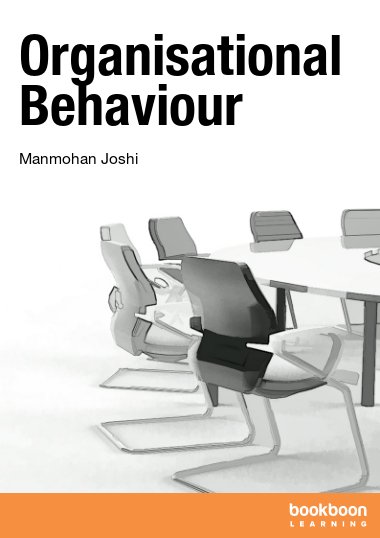Organisational behaviour is highly dynamic and keeps on changing constantly. Quite often it is very difficult to predict what the employees will think and how they will react. A number of changes in rules, procedures, and methods of organisations – and also in technology – are to be introduced. Some of these changes may be minor but others may be major in nature. The workforce has to adopt, adapt and move with the changes. This process involves a lot of behaviour adjustments and modifications. In order to ensure and monitor a healthy organisational behaviour of employees, people in managerial positions need to be well-versed with all its myriad aspects. The top management can understand the strengths, weaknesses, threats and opportunities that exist in the organization, and this enables them to take appropriate measures and actions to improve the productivity of the organisation. This book is an attempt to provide a clear picture of what is dealt in organisational behaviour.


